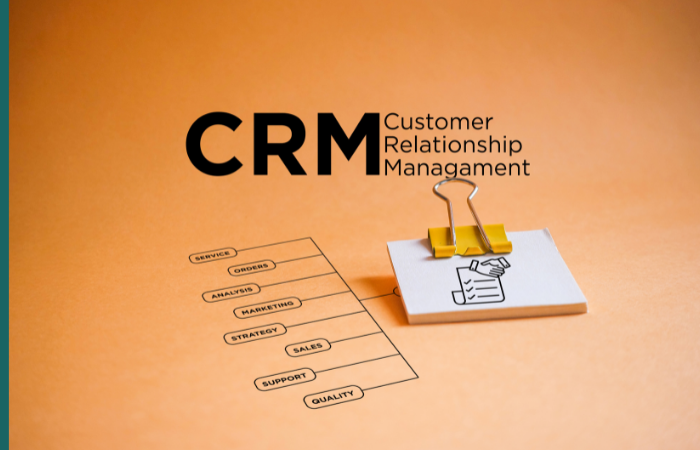How to leverage your CRM data for marketing

So, you have a Customer Relationship Management (CRM) system and you want to run effective marketing campaigns, but are not sure how these two go hand in hand? The good news is that the data within your system is the key to delivering successful marketing, however, you must leverage the data in the right way.
All effective marketing efforts share these common traits: They’re targeted, thoughtful, cost-effective and opportunistic.
This supports my point that some of your most valuable information is already housed within your CRM system. Depending on how complex your system is, some software has dedicated marketing modules which you can utilise specifically for campaigns, but if not, the standard contact information you have already collected should be enough
By viewing your CRM through a marketing lens, you will have an insight into what you wish to achieve and can think strategically and tactically about how you collect data, to support your marketing efforts.
On top of this, there is good chance you already store a lot of valuable data in your systems, it is just figuring out the best way to use this. Econsultancy notes that only 33% of marketers feel that they can use their CRM data to make decisions, so it is crucial that you understand how to maximise your data for marketing purposes.
Jessica Compton at PragmatiQ Solutions, provides six tips for leveraging your CRM data:
Use your insights to create targeted campaigns
By tracking demographic and other key information in your CRM, you will gain more insight into your contacts and will be more successful in responding directly to their needs. For example, if you know that financial services firms in a specific region are more likely to require your service, you will want to develop targeted campaigns for that audience.
Identify and suggest complimentary products/services
Use your data to identify complimentary products to your customers, presenting opportunities for your sales team to upsell. Analytics tools on your websites and social platforms, that then feed back into your CRM, allow you to see who is buying what. For example, you could identify that there is a lot of traffic going to a particular product (product A), who are also viewing another one (product B). Bundle these together and present targeted ads, or follow up with the sales team to make them aware of this opportunity.
Personalise messaging
This is not to be mistaken with just merging someone’s name and/or company into an email message. This goes a step further, ensuring you are reaching the prospect at the right time, offering them information relevant to them/their industry, and ensuring the correct people in the company see your content. Rather than mass distribution of your content and sales information, send it to segmented lists from your CRM to which it applies.
Track engagement
If you have the capabilities, linking your marketing activities with your CRM is hugely beneficial, such as website visits, premium content downloads, automated marketing emails, etc. This means that when you need to pull up a record, this data is linked and you have a better picture of how a given client or prospect interacts with your company. This data can then inform future interactions and might help you to get a deal over the line.
Be more efficient when searching for new business
A CRM solution is there to make your business more efficient, so use it where you can to support your processes. One example is to use lead scoring (a process used to rank prospects based on their perceived value) to target high-potential prospects in your database. By scoring your prospects, you can prioritise the top leads and allocate your resources in a more efficient manner.
Rubbish in, rubbish out
I’m sure you are familiar with the expression “rubbish in, rubbish out,” so don’t fall victim to it. The above tactics will only take you so far, it is down to you to ensure your data is in the best shape. Just staying on top of the data that you input into the system and checking what is already in there is a worthwhile task - don’t let your marketing campaigns suffer due to negligence.
Hopefully, these tips have given you some ideas to leverage your CRM data. Whatever approach you choose to take, bear in mind that the system is there to support you, not hinder you.






































































